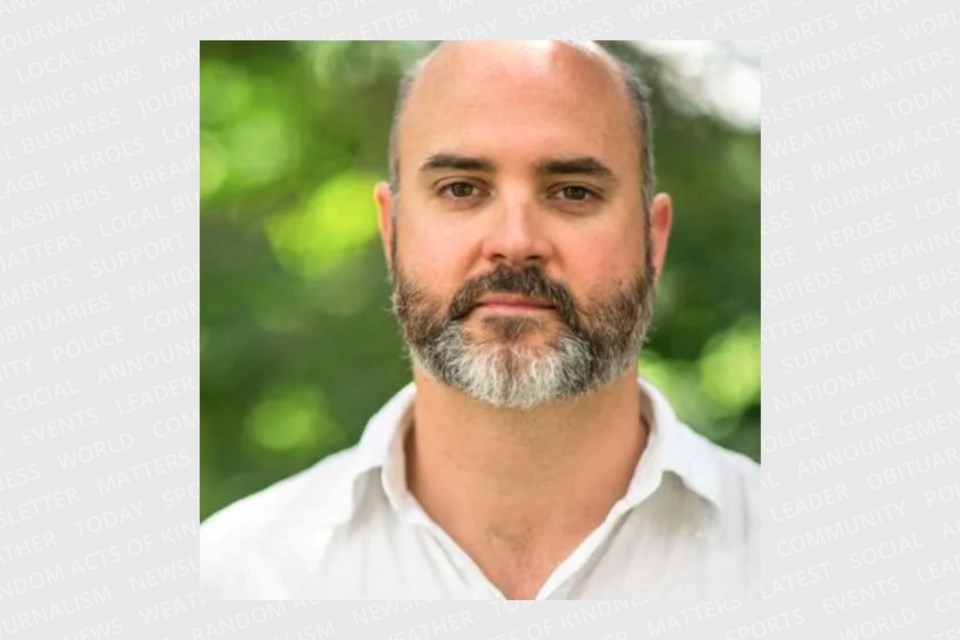Did you hear? Studying whether people are lying when they gossip has won a University of Guelph professor an Ig Nobel Prize.
Patrick Barclay, a social psychologist in the school's College of Social and Applied Human Sciences, was part of a group that won a 2022 Ig Nobel peace prize for a paper written last year titled "honesty and dishonesty in gossip strategies."
The awards were presented by Annals of Improbable Research, a science humour magazine, and geared towards research that they said "makes people laugh, and then think."
Barclay said the team didn't know they were nominated, and still have no clue who or how the nomination was chosen.
The work itself looked at using an algorithm to predict when gossipers were either telling the truth or when they were lying, depending on how much they value the person receiving the information.
"Gossip is often thought of as a bad thing or idle chatter, and math is probably the hardest science you can get. So to do a mathematical analysis of gossip – that just sounds incongruous, especially when it’s trying to figure out when gossip will be truthful versus dishonest,” he said in a news release.
"It’s easy for people to misinterpret it as us advising them on when to lie."
He said the research sounds silly on the surface, which is why it probably caught the attention of the judges. Barclay said he's flattered to win.
But while it sounds silly, there is something more to the research. The paper noted gossip can play an importance with social functions, including how much we trust other people.
Awards were handed out in a virtual ceremony, which had a satirical feel to it.
It was a 90 minute pre-recorded video, complete with laughs, knowledge, paper planes, a mini-opera and more.
Winners were also awarded a Zimbabwean $10-trillion bill, which is worth virtually nothing.
Eight Nobel laureates were on hand to help present the awards, including Guelph native and University of Waterloo professor Donna Strickland, who won a Nobel Prize in physics in 2018.
The awards, presented annually since 1991, are co-sponsored by the Harvard-Radcliffe Society of Physics Students and the Harvard-Radcliffe Science Fiction Association.
